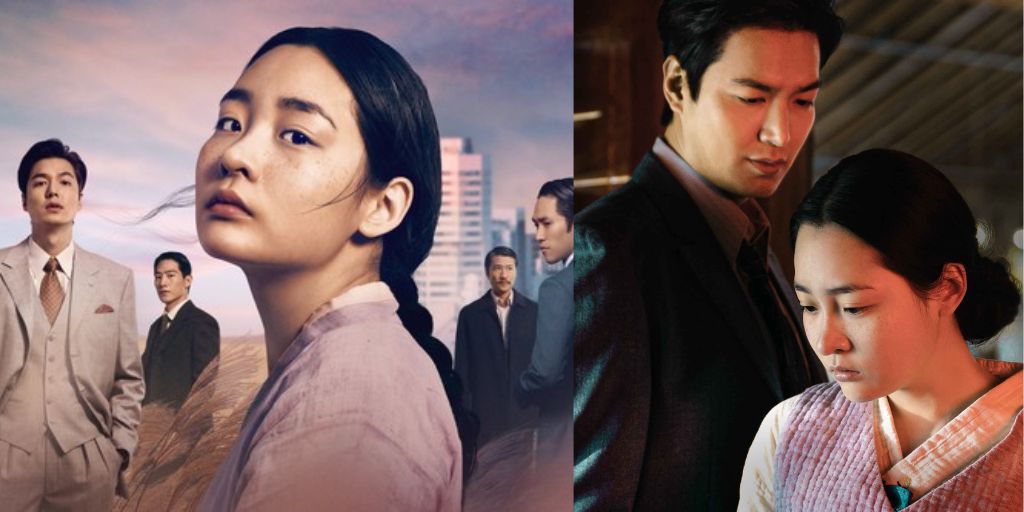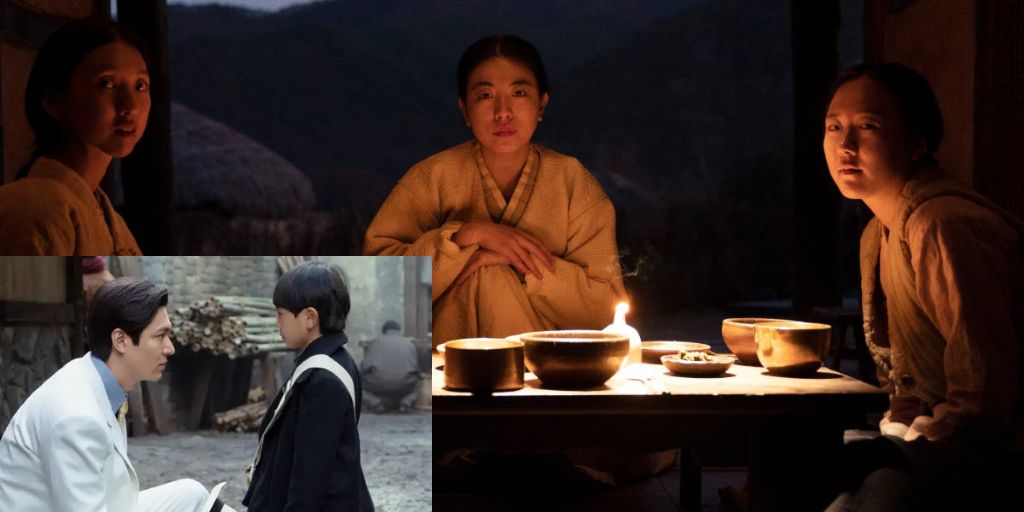Apple TV+’s Pachinko tells a powerful story of resilience and sacrifice across four generations of a Korean family living in Japan. Based on Min Jin Lee’s bestselling novel, the series follows Kim Sunja from before her birth in 1915 during the Japanese occupation of Korea, through her life as a grandmother in 1989 Japan.
The show has won 11 international awards, including a Critics Choice Award and a Peabody Award. Season 2 will start on August 23, 2024, on Apple TV+, with new episodes every Friday until October 11. Here’s a look back at the first season.
Season 1 of Pachinko moves between two times: 1915-1930s in Yeongdo-gu, Busan, Korea, and 1989 in Tokyo and Osaka, Japan. The story starts with Sunja’s difficult birth. Her mother, Yangjin, struggles to have children. After three failed pregnancies, Yangjin finally has Sunja with her husband Hoonie.
Despite the preference for boys, Hoonie loves Sunja deeply and wants her to be independent and kind. Sadly, Hoonie dies from tuberculosis before Sunja grows up. Yangjin and Sunja then manage his boardinghouse with the help of their employees, Shin Bokhee and Shin Donghee.
In 1989, Sunja’s grandson, Solomon Baek, who has a Yale education, works in New York City. Despite his hard work, he doesn’t get the promotion he deserves. He asks to be sent to Japan to close a major business deal and hopes to use his grandmother’s connections to help him.
Solomon stops in Osaka, visits his father Mozasu’s successful pachinko parlor, and reunites with his older grandmother Sunja and Mozasu’s girlfriend, Etsuko. Sunja is also taking care of her sister-in-law, Kyunghee, who is ill with cancer.
In the 1930s, Yeongdo is under Japanese rule. The teenage Sunja continues to help run the boardinghouse and buy produce at the market. She meets Koh Hansu, a Korean man living in Japan. Despite ignoring his attention, Sunja eventually starts a secret relationship with Hansu.
She becomes pregnant, but Hansu is unable to marry her due to his existing marriage in Japan. He offers to support her financially, but Sunja refuses, feeling ashamed and hurt. After returning to the boardinghouse, Sunja and Yangjin take in a sick man named Baek Isak.
Isak, a Protestant minister traveling from Pyongyang to Osaka, overhears Sunja’s troubles and offers to marry her to save her honor. Sunja agrees, and they move to Osaka in 1931.

In Osaka, Sunja lives in a poor area with Isak’s brother, Baek Yoseb, and his wife Kyunghee. Sunja has two sons, Baek Noa and Mozasu. In the final episode of Season 1, Isak is taken by Japanese authorities for supporting anti-Japanese rebels. Sunja struggles to support her family by selling kimchi at the market.
In 1989, Solomon tries to convince a Korean grandmother in Tokyo to sell her land for 1 billion yen. Despite his efforts, she refuses. Eventually, Solomon finds out that she is reluctant to sell due to anti-Japanese feelings.
Remembering Sunja’s sacrifices, Solomon tells her in Korean not to sell. The grandmother leaves without signing the deal. Solomon’s boss, Andrew, and other executives criticize him, leading to Solomon losing his job. He is later approached by a businessman, Mamoru Yoshii, with a new plan involving Mozasu’s pachinko business.
Solomon also gets calls from Hana, his childhood sweetheart and Etsuko’s daughter. Hana, once rebellious, has fallen on hard times and is dying from AIDS. She tells Solomon that he will never be Japanese despite his American education. Solomon says goodbye to Hana with Etsuko, Mozasu, and Sunja.
Pachinko offers a compelling view of one family’s journey through hardship and change. With its rich storytelling and multi-generational perspective, the series highlights the impact of personal and collective sacrifices. As Season 2 approaches, the saga promises to continue its powerful exploration of identity and resilience.





